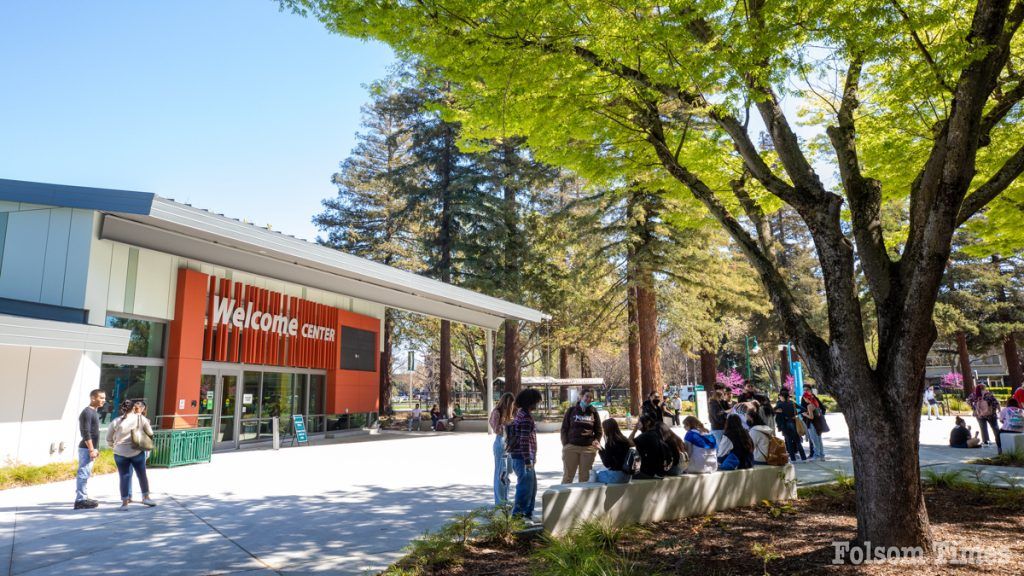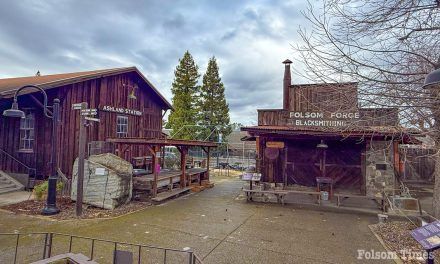New policy that begins in fall of 2026 allows several exemptions, including local residency
SACRAMENTO — Life at Sacramento State is about to become a little more like the traditional university experience. Beginning in the fall of 2026, new incoming students will not only start a new academic journey — they’ll also be required to call campus home for their first two years.
The university has announced that all first-year, non-transfer students will be required to live in university housing for their first two academic years, a shift officials say is designed to strengthen academic success, community engagement, and overall student well-being.
The change represents a major cultural step for the Sacramento campus, which has long been known as a commuter school serving students from across the region. By asking new Hornets to live on campus longer, university leaders hope to build a stronger sense of connection and belonging that translates into higher retention and graduation rates.
“The new residency policy is part of our broader commitment to student success, community engagement, and academic achievement,” university officials said in a statement. “We are working to ensure every student has the resources and support they need to thrive during their college experience.”
While the rule will make Sacramento State more residential, it allows for flexibility. Students who are 21 or older by the first day of classes, classified as independent through the FAFSA, serving on active duty, or required to live at their job site — such as caregivers — will be exempt. Additional exemptions apply to students studying abroad, those facing verified financial hardship, and students with medical or disability accommodations that cannot be met in university housing.
Local residency will also qualify for exemption. For the 2026–27 academic year, freshmen living with immediate family within 50 miles of campus will be excused from the requirement; in 2027–28, that distance will narrow to 30 miles. Students with unique personal circumstances can apply for case-by-case consideration.

To accommodate the change, Sacramento State is expanding its on-campus housing supply. When the policy begins, the university will open Mt. Whitney Hall, a new residence facility providing 335 beds for first-year students, and will reconfigure Riverview Hall to add 150 single-bed units converted from upper-division housing.
These additions will help the campus transition toward a more residential environment, university officials said, complementing efforts already underway to broaden housing options and student engagement opportunities.
That vision continued earlier this fall with the groundbreaking ofHornet Place, a new campus-affiliated housing community located at 7700 College Town Drive. Designed for upper-division students, Hornet Place will open in 2027 with 352 beds and a range of modern amenities including a pool, fitness and yoga studios, EV charging stations, pet-friendly areas, and community gathering spaces.
The project is being developed by Greystar Development, which also operates the nearby Hornet Commonsapartments. University Enterprises, Inc., a Sacramento State auxiliary, purchased the property in November 2023 using its own funds and will lease it long-term to Greystar for development and management.
President Luke Wood, who has championed expanded housing access since taking office, said the initiative supports both safety and academic outcomes.
“Housing is needed in a place like Sacramento State where we have so many students who struggle with food insecurities, housing insecurities, and transportation concerns,” Wood said. “It’s important for us to provide the kind of living and learning opportunities that support a whole range of student needs. This addresses housing insecurity, safety, and most importantly, student success.”
Beyond housing itself, Sacramento State plans to expand programming tailored to first- and second-year students, offering mentorships, social events, and peer support activities designed to foster belonging.
Associated Students Inc. President Aranjot Kaur said that sense of community is invaluable. “Once you’re around people who are in the same boat, you look around and know you’re not alone,” she said. “You’re navigating together.”
With more than 31,000 students, Sacramento State remains one of the largest campuses in the California State University system. Officials say the new requirement will help reshape its identity, creating a more engaged campus community while easing pressure on the region’s rental housing market.
The policy, combined with new housing developments like Mt. Whitney Hall and Hornet Place, marks a major step in Sacramento State’s evolution — one designed to ensure that the next generation of Hornets not only attend the university, but truly live it.
Copyright © 2025, Folsom Times, a digital product of All Town Media LLC. All rights reserved. No portion of this publication may be reproduced, distributed, or transmitted in any form or by any means, without the prior written permission of the publisher.




